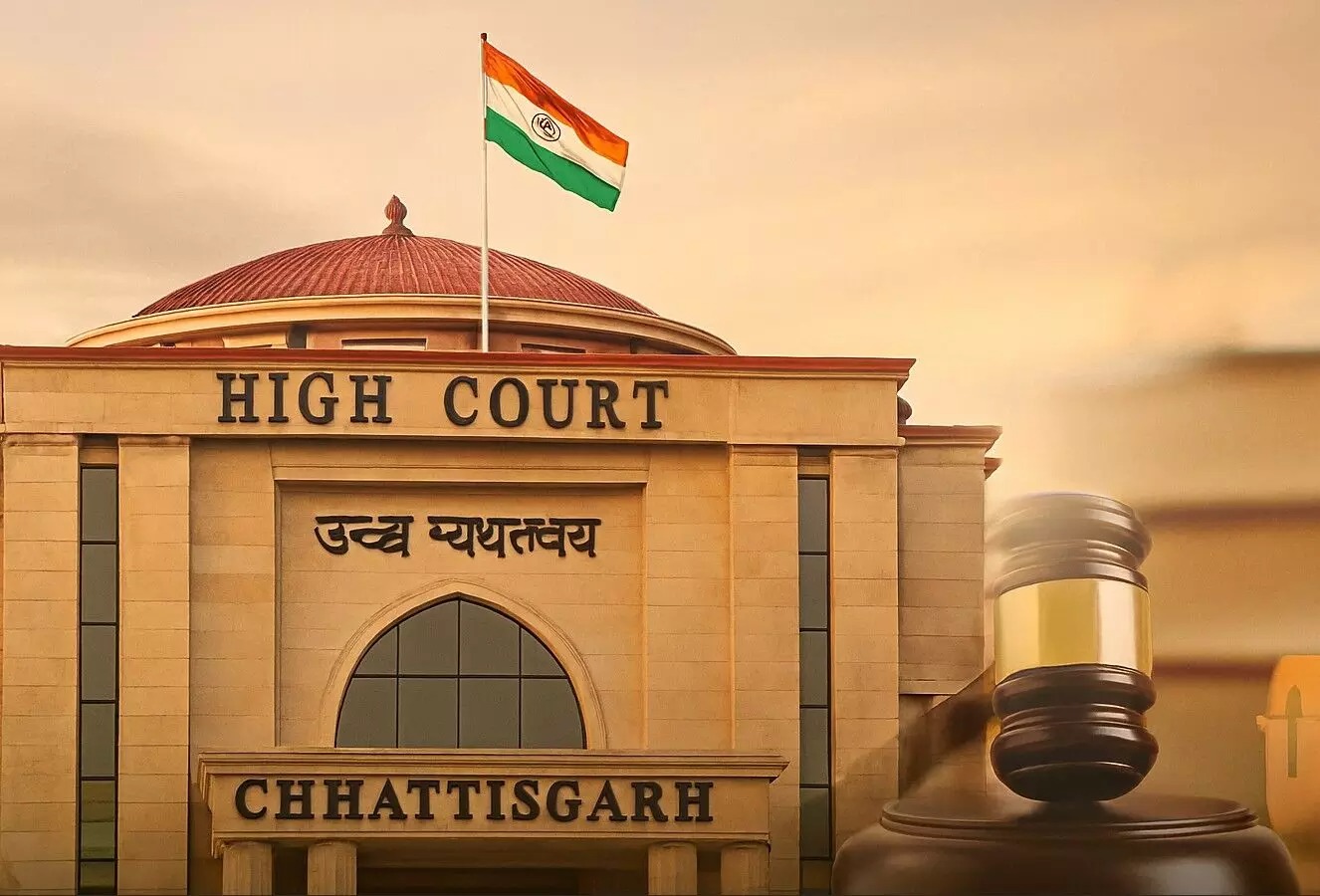@JUDGMENTTAG-ORDER
1. LEAVE was granted as the court felt that a question of law was involved. The appellant is an officer of the Electricity Board of State of Bihar. He laid a complaint under S. 39/44 Indian Electricity Act read with Section 379 Indian Penal Code against the accused, respondents herein, alleging that after their supply of electricity was discontinued the accused were running the mill illegally without clearing the arrears and by resorting to illegal connection with the live line. He filed this complaint being a competent authority to file the same as provided under Section 50 of the Electricity Act. The case was taken on file by the learned Magistrate and issued non-bailable warrants. At this stage the accused filed a petition under Section 482 Criminal Procedure Code in the High court of Patna and sought the quashing of the proceedings. The Patna High court after referring to a case of this court in Avtar Singh v. State of Punjab held that in view of the decision of this court the cognizance of offence under Section 379 Indian Penal Code was on the face a of it is illegal and accordingly quashed the proceedings. Questioning the same, the present appeal is filed by. the complainant.
2. AFTER having perused the judgment in Avtar Singh case we are of the view that the High court of Patna has wrongly interpreted the ratio laid down in that ease.
3. SECTION 39 of the Electricity Act is in the following terms:
"The FT of energy.-Whoever dishonestly abstracts, consumes or uses any energy shall be deemed to have committed theft within the meaning of the Indian Penal Code, 1860 (45 of 1860 and the existence of artificial means for such abstraction shall be prima facie evidence of such dishonest abstraction."
IT can be seen that Section 39 as such does not prescribe any sentence but yet it creates an offence by raising a fiction, namely, that whoever has dishonestly used or abstracted any energy shall be deemed to have committed the theft within the meaning of Indian Penal Code. Therefore, dishonest abstraction of electricity is deemed to be an offence under the Penal Code by virtue of this fiction created under Section 39 of the Electricity Act. Interpreting this section, this court in Avtar Singh case held:
"TO put it shortly, dishonest abstraction of electricity mentioned in Section 39 cannot be an offence under the Code for under it alone it is not an offence, the dishonest abstraction is by Section 39 made a theft within the meaning of the Code, that is, an offence of the variety described in the Code as theft. As the offence is created by raising a fiction, the section which raises the fiction, namely Section 39 of the Act, must be said to create the offence. Since the abstraction is by Section 39 to be deemed to be an offence under the Code, the fiction must be followed to the end and the offence so created would entail the punishment mentioned in the Code for that offence. The punishment is not under the Code itself for under it abstraction of energy is not an offence at all."
IT looks as though the High court has only referred to the last sentence and overlooked the fact that Section 39 expressly made dishonest abstraction of electricity, as offence punishable under the Code. Section 39, therefore, makes something which was not a theft within the Penal Code, a theft within it, and consequently that section also makes theft punishable in the manner provided in the Code because the illegal abstraction of electricity is deemed to be a theft within the meaning of Code and it must be deemed for all purposes a theft including the purpose of imposing the punishment. Therefore, in deciding whether an offence of theft as provided under Section 39 is made out or not the Court has to read Section 39 along with provision of Indian Penal Code dealing with theft.
4. The offence in this case is said to have been committed in the year 1981 and having regard to the nature of the offence and the long delay, we do not a think that it is just and necessary to allow the prosecution to go on.
5. The REFORE, with the above clarification of law, the appeal is disposed of.

